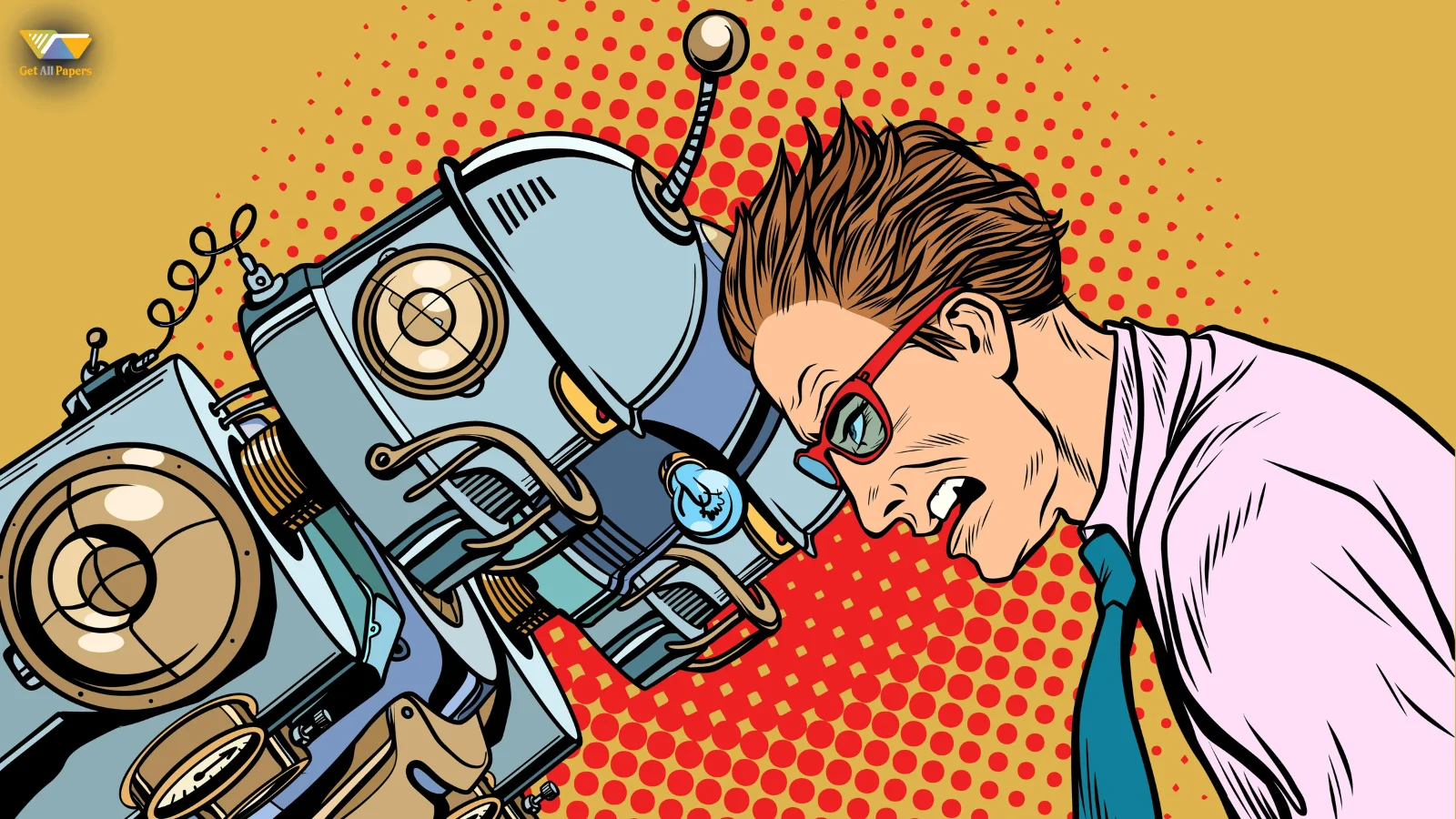
The Future of Academic Writing: AI vs. Human Creativity
Written By: Annie A. Guizar
Published On: Sep 8,2023
Introduction
In the ever-evolving landscape of education, academic writing remains a cornerstone of the learning process. Whether it's college essays, research papers, or synthesis essays, the ability to express thoughts and ideas coherently through writing is a skill that students must master. However, as technology continues to advance, a new contender has entered the arena: AI-powered essay writing tools, often referred to as "essay typers," "essay writers," or "essay makers." These tools promise convenience and efficiency, but they also raise a critical question: Can AI truly replace human creativity in academic writing?
The Rise of AI in Essay Writing
Over the past decade, AI has made substantial strides in various fields, including natural language processing (NLP). As a result, AI-powered essay writing tools have emerged, offering students an automated solution to their academic writing needs. These tools, often accessible for free or at a low cost, have gained popularity among students seeking assistance with their essays.
One of the key advantages of AI essay writers is their speed and efficiency. These programs can generate essays on a wide range of topics in a matter of minutes, a feat that would take human writers significantly more time. Moreover, they can provide suggestions for improving the structure, grammar, and overall quality of the essay, making them attractive to students looking to enhance their writing skills.
AI vs. Human Creativity
While AI-powered essay writers offer undeniable convenience, they raise concerns about the future of human creativity in academic writing. One of the core elements of writing is the ability to convey unique perspectives, personal experiences, and original ideas. It is in this realm that human creativity truly shines.
When students turn to AI for essay writing, they risk sacrificing the personal touch that makes their essays stand out. AI algorithms rely on existing data and patterns to generate content, which can result in formulaic and predictable essays. In contrast, human writers can infuse their work with individuality, drawing from their experiences, insights, and emotions to craft compelling narratives.
Furthermore, academic writing often involves critical thinking and analysis. While AI can provide information and generate content, it lacks the capacity for genuine critical thought. It cannot engage in the depth of study and interpretation that a human writer can, especially when it comes to complex topics or nuanced arguments.
The Role of AI as a Writing Aid
Despite these limitations, it would be unfair to dismiss Essay Generators outright. They can serve as valuable writing aids, helping students improve their essays by suggesting corrections, providing guidance on structure, and even generating ideas. In this sense, AI complements human creativity rather than replacing it.
When used as a tool to enhance the writing process, AI can be an invaluable resource. It can help students overcome writer's block, identify and rectify grammatical errors, and even provide research assistance by suggesting relevant sources. However, it is essential to strike a balance and ensure that students do not become overly reliant on AI for their writing needs.
The Importance of Human Feedback
One of the most crucial aspects of academic writing is the opportunity for growth and learning. Human feedback plays a vital role in this process. While AI can provide suggestions and corrections, it lacks the ability to provide personalized feedback that addresses a student's specific strengths and weaknesses as a writer.
Educators and instructors remain essential in the development of students' writing skills. They can provide nuanced feedback, encourage critical thinking, and guide students in refining their unique voices as writers. AI cannot replace the mentorship and guidance that experienced educators offer.
The Future of Academic Writing
As we look to the future, it is evident that AI will continue to play a significant role in academic writing. AI-powered essay writers will become more sophisticated, offering even better assistance to students. However, they should be viewed as tools to aid and enhance the writing process rather than replacements for human creativity.
To thrive in the evolving landscape of academic writing, students should strike a balance between leveraging AI for assistance and cultivating their own creativity. Writing remains a skill that requires practice, reflection, and refinement. AI can be a helpful companion on this journey, but it should not overshadow the importance of human ingenuity and individuality in academic expression.
Conclusion
In conclusion, the synergy between AI and human creativity will shape the future of academic writing. While AI-powered essay writers offer convenience and efficiency, they cannot fully replicate the depth of human thought and creativity. As students and educators navigate this evolving landscape, it is essential to recognize the unique strengths of both AI and human writers and leverage them to enhance the quality of academic writing and education as a whole.
Related Posts
Popular Article

A guide to write a perfect essay
12.1.2023

A guide to write a reflective essay
20.1.2023

Tips to writing a scientific thesis
27.1.2023




